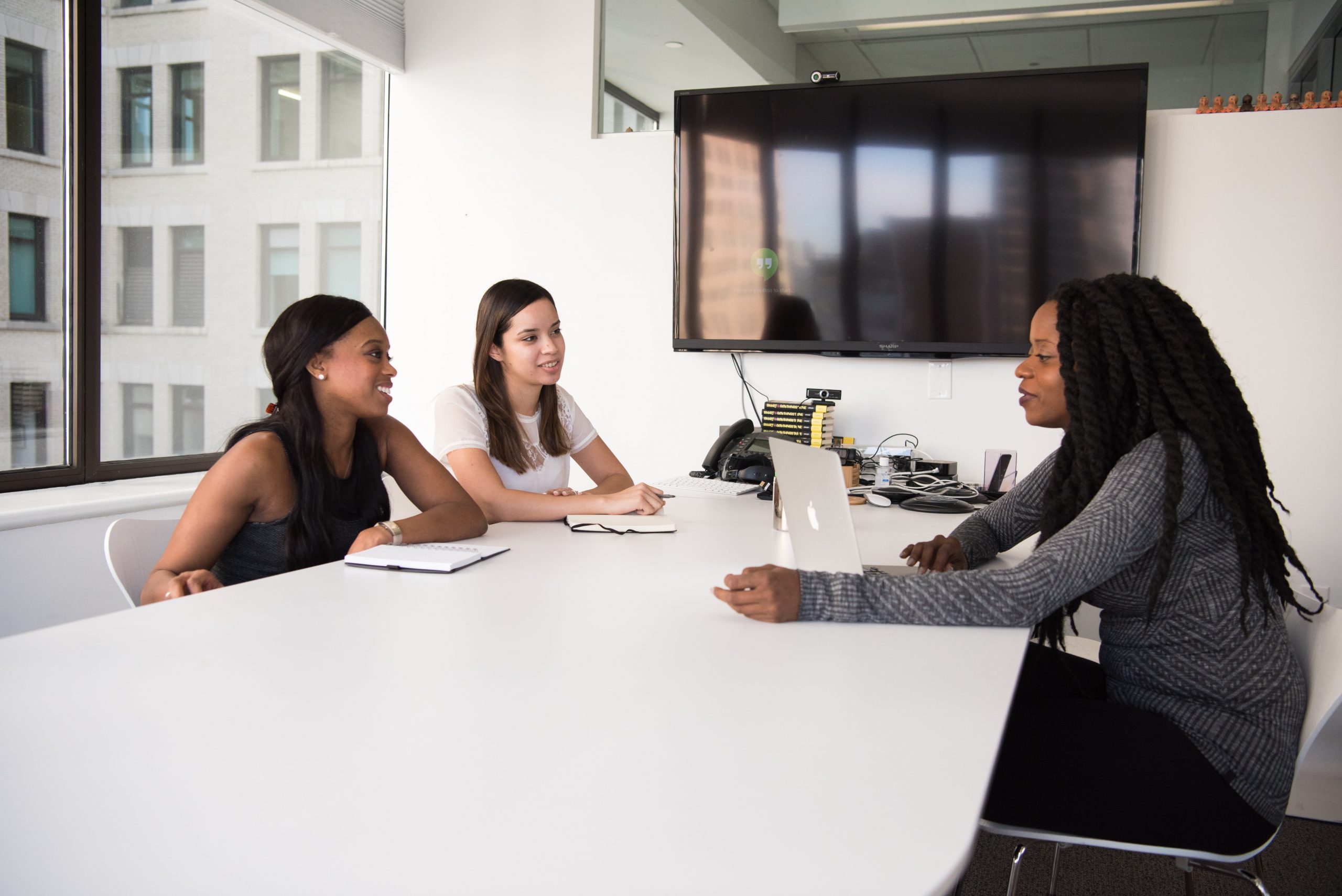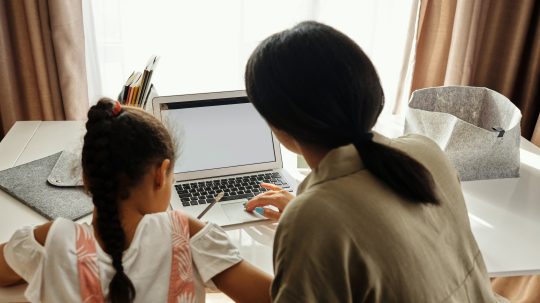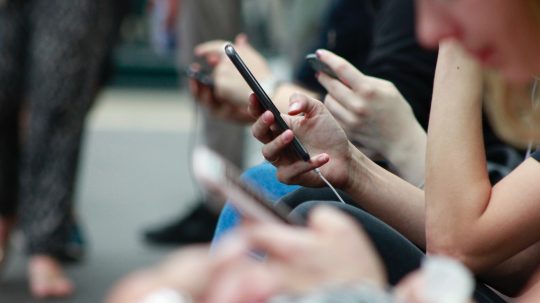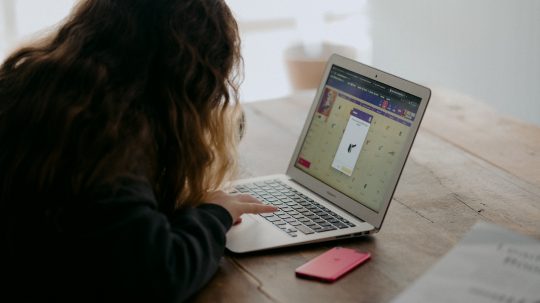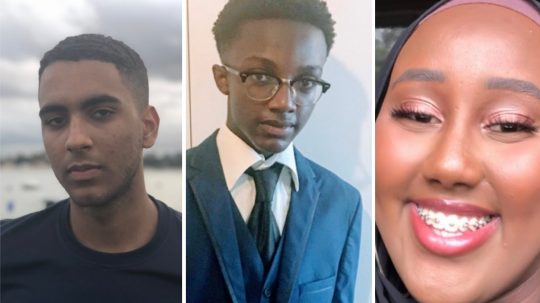A new, cross-sector collective of organisations is launching a Digital Inclusion Impact Group to facilitate better access to digital technologies across the UK.
The Inclusive Economy Partnership’s project will be co-chaired by author and entrepreneur Sherry Coutu, Dayne Turbitt, Senior Vice President for Dell Technologies in the UK and a minister of state. Other members of the group include Good Things Foundation, Code First Girls, Vodafone, Laptops for Kids and Mastercard.
“As we move to a more digital-first world, it is essential that we ensure no one is left behind,” said Kelly Devine, Divisional President UK & Ireland for Mastercard and IEP co-chair. “That is why I am delighted with the launch of the Digital Inclusion Impact Group, bringing together the combined knowledge and resources of the public, private and third sectors to tackle one of the UK’s biggest modern-day challenges.”
Enduring internet inaccessibility is a significant human rights issue in a world where digital access is increasingly a prerequisite of complete social inclusion. For households without access, it may be considered a breach of our right to a private and family life – enshrined in Article 8 of the Human Rights Act (HRA) – because, in the modern world, internet access plays a key role in the expression of this right. The internet interplays with countless aspects of family life, including communication and finances.
As many students rely on the internet to learn, especially during the pandemic, a lack of internet access can also conflict with Article 2 of the first protocol of the HRA, which protects the right to education.
Just under 12 million people in the UK lack what the government defines as essential digital skills, such as communicating online, handling information and content, making transactions, problem solving and being safe and legal on the internet. In the UK, 6% of households lack regular and reliable access to the internet at home, either fixed or mobile.
One of the starter projects supported by the Digital Inclusion Impact Group’s is Donate to Educate, which is a joint initiative between Dell Technologies and Microsoft aiming to help businesses support children and their families in the UK with access to the right technology at school and at home. Using Mastercard’s Inclusive Growth Score tool, the group will identify communities most at risk of digital exclusion to focus their efforts.
The coronavirus pandemic has exacerbated the digital divide. Researchers at the University of Cambridge highlighted the connection between poverty and a lack of access to the internet and digital skills. Paying for Wi-Fi is simply too expensive for some families, meaning children are missing out on their education.

Credit: John Schnobrich / Unsplash
The researchers said: “Digital exclusion is yet another manifestation of the profound inequality which casts its shadow over the UK. For the people on the wrong side of the digital divide, the disadvantages associated with being unable to access or use IT have never been more pronounced.”
Others are also taking on the mantle to counteract digital inequalities and the impact they have on our rights. TalkTalk and the Department for Work and Pensions have launched a national programme giving people looking for work six months of free broadband to help them search.
Usually costing £23 a month, jobseekers are being offered a no-contract voucher for six months of uncapped broadband. The project is being launched nationwide after a trial in Greater Manchester and Cheshire at the start of the UK’s second lockdown in 2020.

